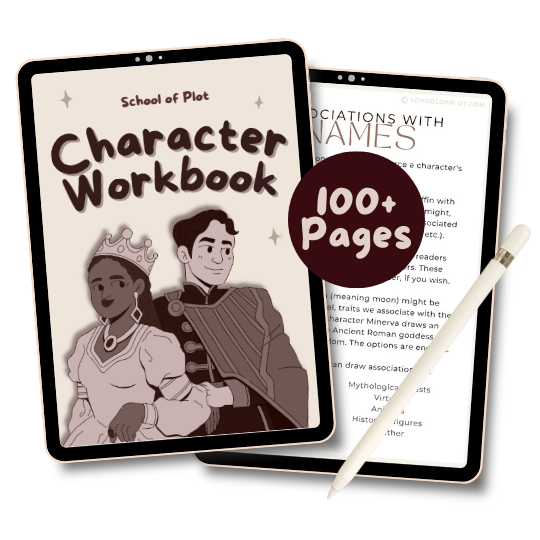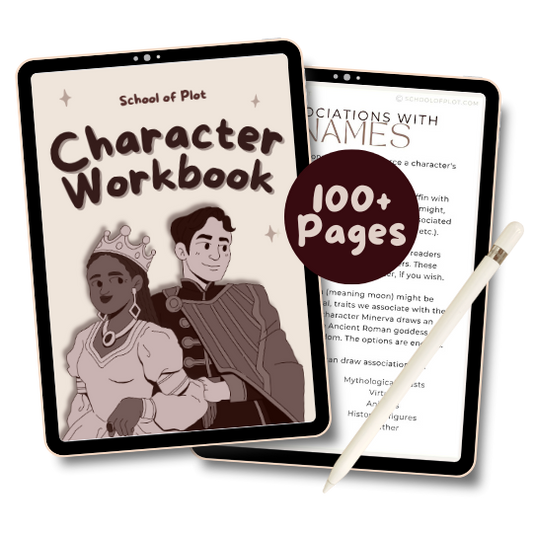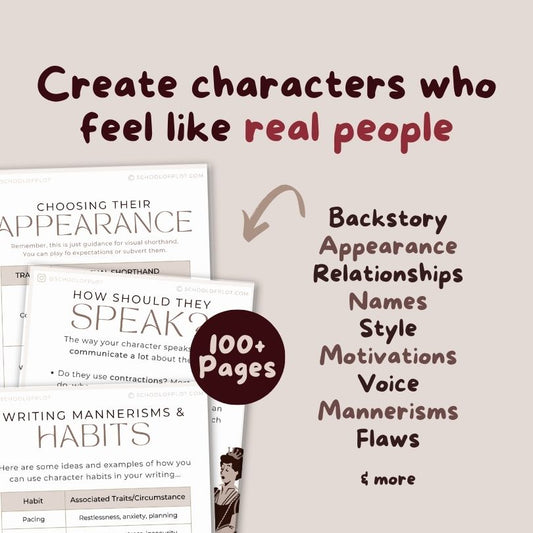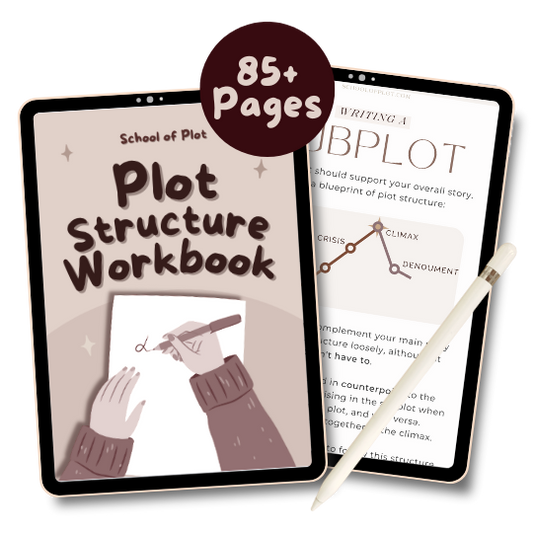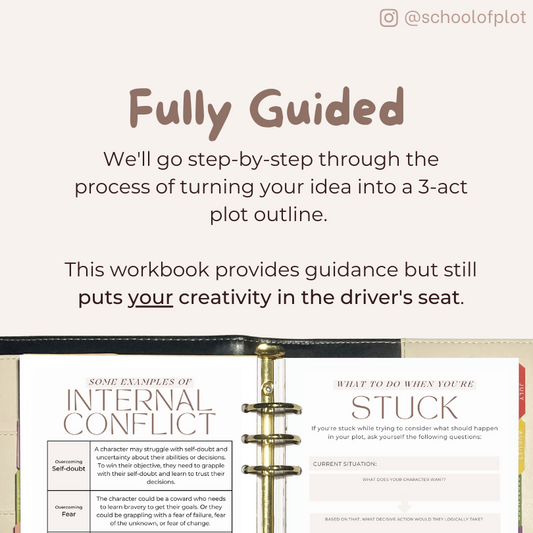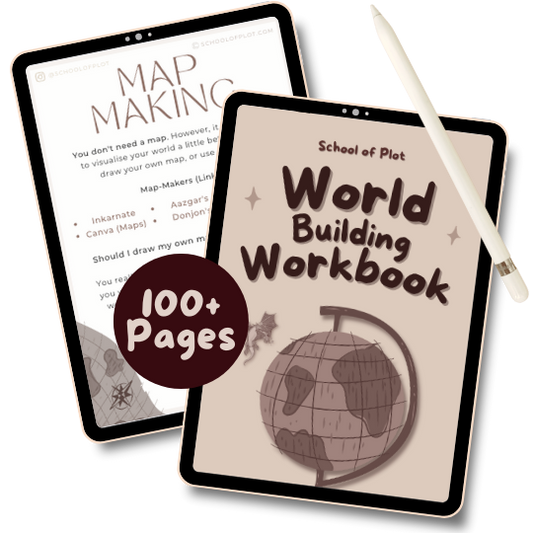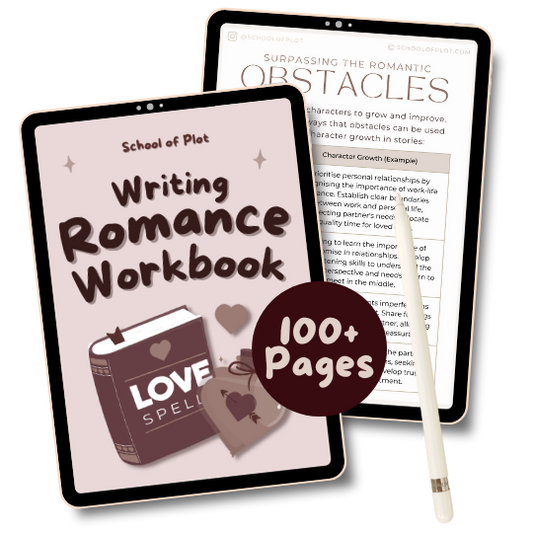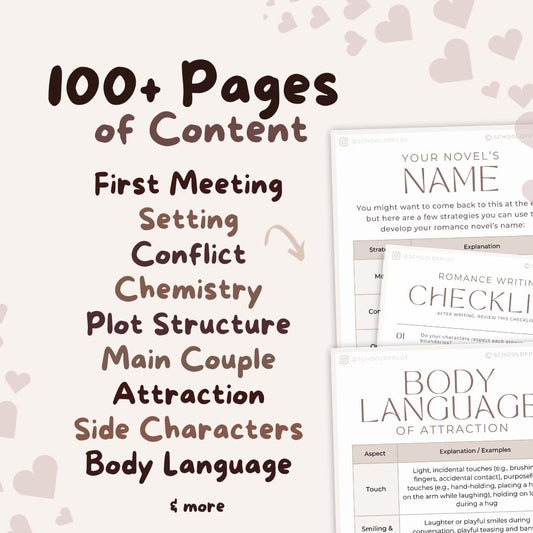This guide aims to teach you how to write quotable dialogue in your novels and scripts. We'll also try and identify what makes dialogue quotable.
Your priority is to write good dialogue that matches the characters. If it’s quotable, that’s a fun bonus.
1. Make it Witty
Tailor wit to match each character's personality. Not every person is going to have the same sense of humour. Not every character needs to be sharp and pithy.
That said, witty dialogue tends to be quoted more often, just because it's fun to read and repeat. Here are some common techniques to write witty dialogue:
- Clever wording
- Quick comebacks
- Comedic analogies
- Understatements
- Exaggerations
- Unexpected observations
- Creative insults
- Irony through context
- Quickfire banter
- Ridiculous comparisons
2. Aphorisms
Aphorisms are pithy observations which contain a general truth. An example is: “A man who cannot choose ceases to be a man.” (Anthony Burgess)
Aphorisms are concise and to the point. They distill complex ideas into a brief statement, making them easy to remember and share.
Don’t shoehorn these (or anything!) into your dialogue just for the sake of being quotable. It should be natural, or you risk taking the reader out of the story.
3. Repetition
This “dumb trick” is from a really fun YouTube video by schnee. They say, “The trick to writing quotable dialogue is having the characters themselves treat the dialogue as quotable.”
They suggest writing lines that are versatile and can be applied to many situations. Then, these lines are repeated again (sometimes multiple times) by characters throughout the story.
The example they use is from The Pirates of the Caribbean, in which "Why is the rum gone?" is repeated by various characters in various contexts. This makes it stick in our minds.
4. Succinctness
Succinct dialogue is more memorable and therefore more quotable.
Identify key moments or lines that carry the most emotional or narrative weight. If you want, focus on making these lines as concise as appropriate, cutting the fluff. This involves trimming out any redundant words.
You could also consider removing the dialogue tags (“he said” and so on), allowing impactful lines to stand alone.
